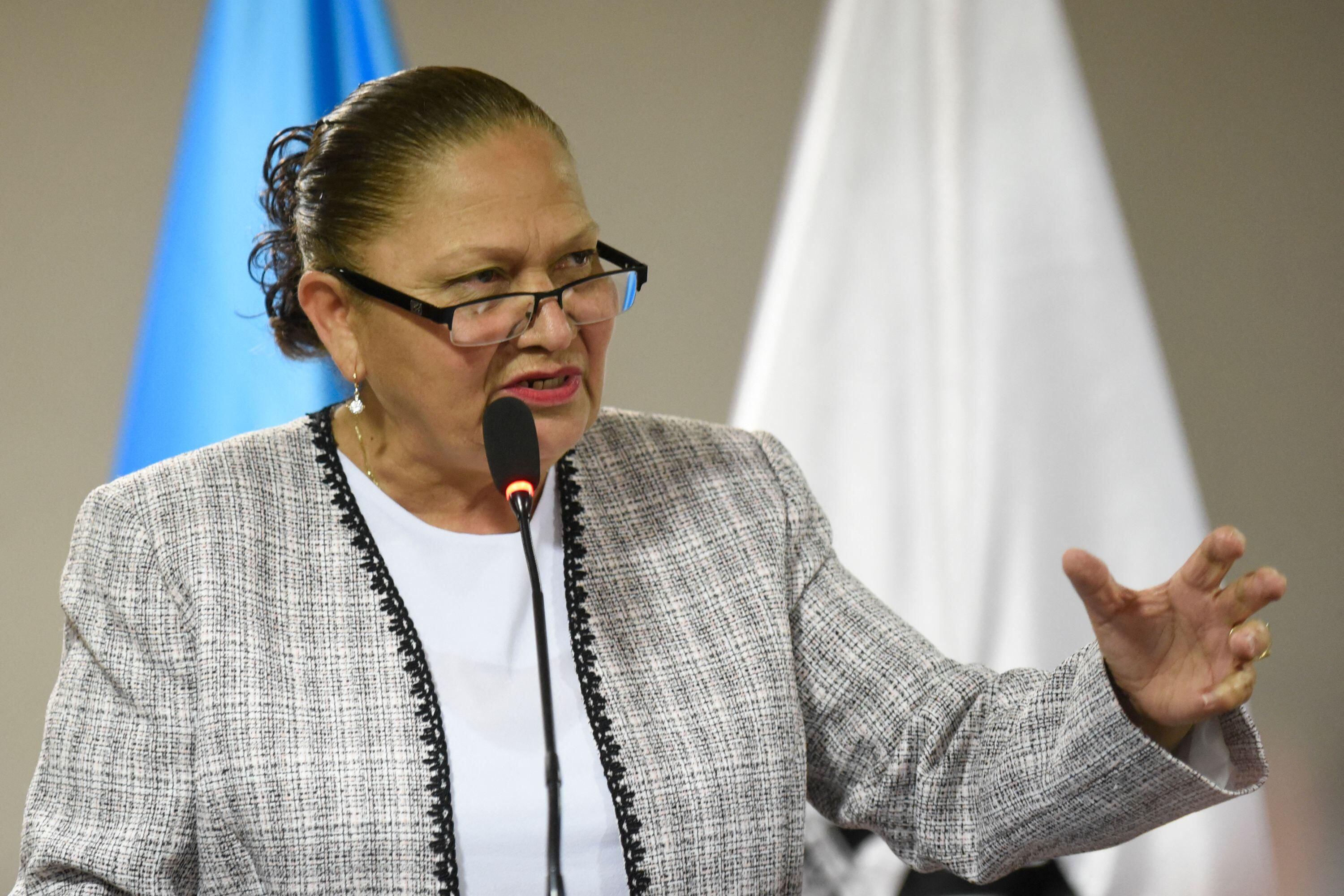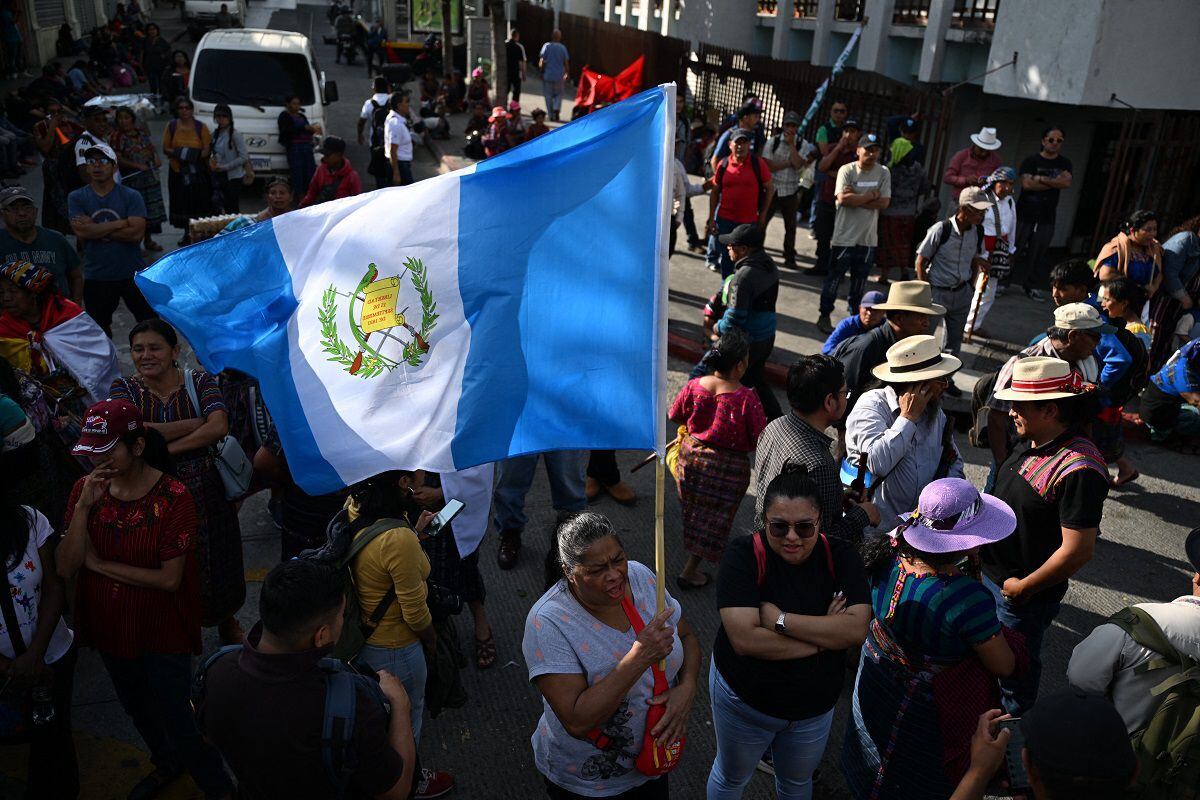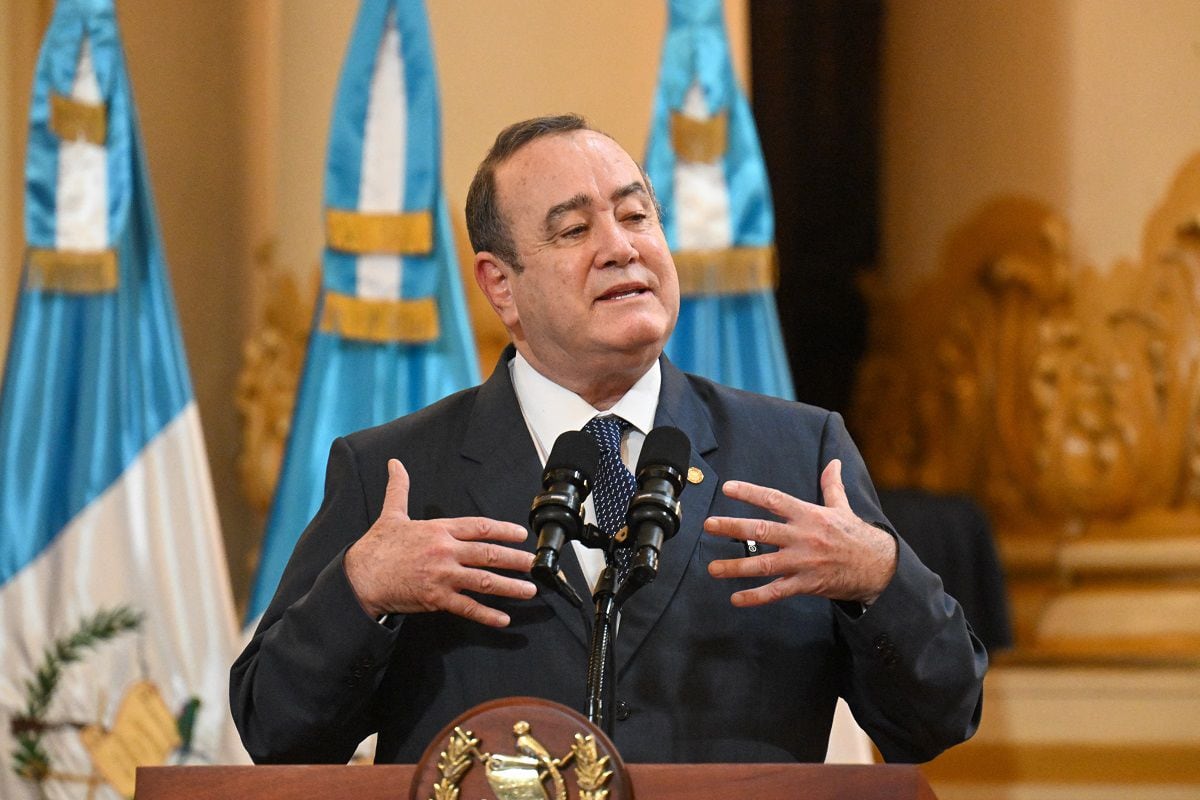One month after the change of command in Guatemalaeverything seems to indicate that the president-elect Bernardo Arevalo He will finally be able to start focusing on his plans to start government. Doubts about whether the new social democratic leader would take power came to an end this Thursday, the 14th, when the country’s highest court ordered him to take office despite the wishes of the Attorney General’s Office.
TO LOOK: Bernardo Arévalo denounces violation of the right to defense and OAS prepares visit to Guatemala
Arévalo easily won the second presidential round in Guatemala, on August 20, but the electoral process was threatened by a controversial judicial offensive that sought to annul the elections and plunged the country into a political and institutional crisis.
The Public Ministry’s hostilities against Arévalo, his candidacy and his Semilla party have increased since this 65-year-old sociologist went to the second round of the presidential elections in June. The Public Ministry sought to annul his party, requested the revocation of his immunity and accused the electoral court of anomalies.
The judicial siege reached its most critical moment on December 8, when prosecutors from the Public Ministry stated that the elections should be annulled.
The president-elect denounced that a “coup d’état” was being carried out against him along with “other corrupt actors” to prevent him from taking office on January 14, 2024, as planned.
The prosecutor’s actions were also rejected on the streets of Guatemala, where demonstrations grew over several weeks.
However, this Thursday the Constitutional Court ordered that the transition of all elected officials be guaranteed, by accepting a protection appeal against the maneuvers of the Public Prosecutor’s Office aimed at preventing him from assuming power.
The country’s highest judicial body decided to “command Congress […] guarantee the effective inauguration of all those elected in the 2023 electoral process, in accordance with the Rights of officialization and validation of results”, as indicated in a statement, after accepting the appeal presented in October by a group of lawyers and citizens for the judicial release obstacles to Arévalo’s rise to power.
In an inquiry published this Friday and delivered this Monday to the Superior Electoral Court (TSE), the Public Ministry stated that the elections should be annulled due to irregularities found in the investigation of vote counting records.
The Public Ministry also says that “32% of affiliates” whose names were used in 2018 to create the Semilla party “are fake” and that some electoral financing funds are on the register, which is why they accused Arévalo of “possible ” money laundry.
Arévalo, who breaks the continuity of decades of conservative parties to which President Alejandro Giammattei belongs, denounced that the Public Ministry’s action sought to prevent him from taking command due to his promise to combat corruption.
In fact, Attorney General Consuelo Porras is sanctioned by the United States for considering her “anti-democratic” and “corrupt” because during her administration prosecutors and judges who denounced acts of corruption were exiled. Despite this, the person responsible is supported by Giammattei.

The TSE had announced on Friday that the electoral results were “unchangeable”, but experts agree that the fight will continue even after Arévalo takes power.
Blanca Alfaro, president of the TSE, said that in the note from the Public Ministry there is no specific petition, as this says “for whatever it considers convenient”, which is why the magistrate’s court “the inspectorate does not ask us absolutely nothing”.
However, the Court said it would analyze the documents sent by the Public Prosecutor’s Office.
The newspaper “La Prensa” proposed that there should be at least two scenarios to define the direction of the transition process. “The first is that the TSE rejects the allegations of alleged fraud presented by the Public Ministry, thus defending the electoral results. The second could be a favorable response to the Public Prosecutor’s Office, and the TSE recognizes the evidence presented by the Public Prosecutor’s Office.”.

Any of these options, in the opinion of experts consulted by “La Prensa”, was referred to the Constitutional Court, the highest judicial body in the country, which finally reached its conclusion on Thursday.
The international community responded to the crisis by denouncing the judicialization of the electoral process in Guatemala and called on the competent authorities to guarantee that Arévalo will assume the presidency in an orderly and democratic manner.
The United States, the European Union, the OAS and the UN condemned what they considered an attempt to disrupt the constitutional order and repeatedly criticized the Guatemalan Public Prosecutor’s Office’s maneuvers against Arévalo.

Washington even sanctioned 300 Guatemalans with visa restrictions for trying to “undermine” democracy, while the OAS applied an article of the Inter-American Democratic Charter that allows it to ask Guatemala for its “consent” to receive a good offices visit.
MEPs of the European Parliament approved this Thursday a non-binding resolution that calls for the adoption of sanctions against those responsible for the “attempted coup d’état” in Guatemala.
The majority of reactions call for restrictive measures against Porras, as well as the general secretary of the Public Ministry, Ángel Arnoldo Pineda Ávila, among other people.
Giammattei responded on Wednesday by assuring that nothing prevents Arévalo from taking power in January and criticized the US authorities, whom he accused of “interference”.
Source: Elcomercio
I am Jack Morton and I work in 24 News Recorder. I mostly cover world news and I have also authored 24 news recorder. I find this work highly interesting and it allows me to keep up with current events happening around the world.

:quality(75)/cloudfront-us-east-1.images.arcpublishing.com/elcomercio/FY6NSZLQBJEQNNV3PQYBPJNNNE.jpg)

:quality(75)/cloudfront-us-east-1.images.arcpublishing.com/elcomercio/MN3VMQALVVGTRCYVEIXA3ZNUUE.jpg)
:quality(75)/cloudfront-us-east-1.images.arcpublishing.com/elcomercio/LA6QWRDVGFAA3HMK2NZIZFGWZE.jpg)
:quality(75)/cloudfront-us-east-1.images.arcpublishing.com/elcomercio/NWYCYBTAHRGJTKLYNKSRKVH7QY.jpg)
:quality(75)/cloudfront-us-east-1.images.arcpublishing.com/elcomercio/GQ2DCMZNGAYS2MJVKQ2TMORUGQ.jpg)
